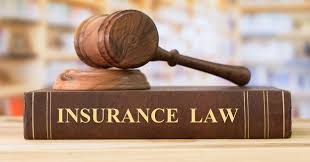Insurance laws Bonaire (Netherlands)
Bonaire is a special municipality of the Netherlands, and its insurance laws are a blend of local regulations and broader Dutch-Caribbean legal frameworks. The primary regulatory authority for the insurance sector in the Caribbean Netherlands (Bonaire, Sint Eustatius, and Saba) is the Dutch Central Bank (De Nederlandsche Bank - DNB).
Here are the key aspects of insurance laws and regulations in Bonaire:
Regulation and Supervision: The DNB is responsible for licensing, supervising, and enforcing compliance for insurance companies and intermediaries operating in Bonaire. They ensure that insurers meet specific requirements for financial stability, solvency, and consumer protection. A separate organization, the Curaçao and Bonaire Insurance Association (CBIA), also plays a role as an industry body that represents licensed insurers and promotes ethical standards.
Mandatory Insurance:
Health Insurance: Everyone who legally resides in Bonaire and is officially registered is required to be insured through the Health Insurance Office (ZVK). This also applies to expatriates.
Motor Insurance: Third-party liability insurance is legally required for all registered motor vehicles.
Social Security: Bonaire has a social security system that provides various benefits. This includes contributions under the General Old Age Pension Act (AOV) and the General Widows and Orphans Act (AWW). There are also specific acts covering accident and medical insurance for employees.
AML/CFT Compliance: Insurance service providers on the BES islands (Bonaire, Sint Eustatius, and Saba) are subject to legislation aimed at preventing money laundering and terrorist financing. They must implement specific measures, such as customer due diligence.
Travel Insurance: While not legally required for entry, travel insurance is highly recommended for visitors to cover unexpected events like medical emergencies, which can be costly.






comments